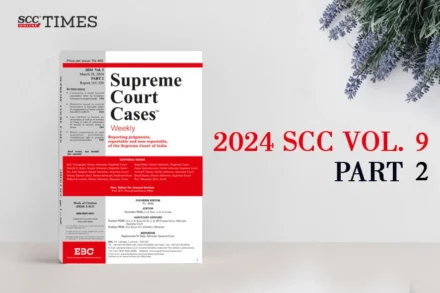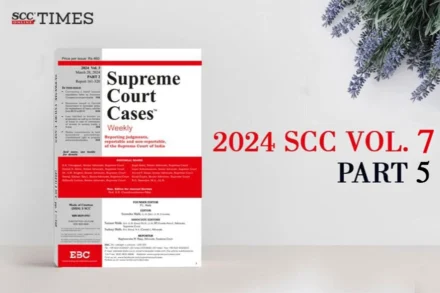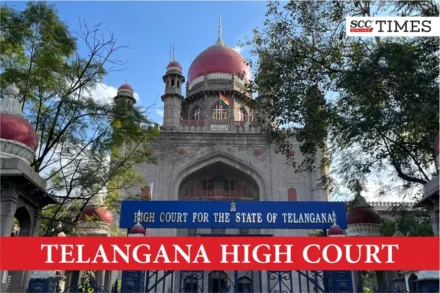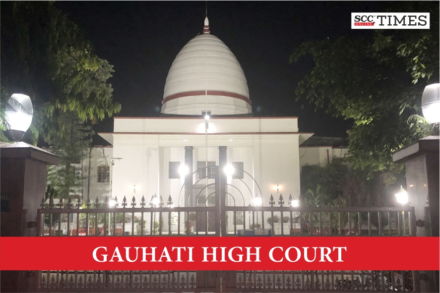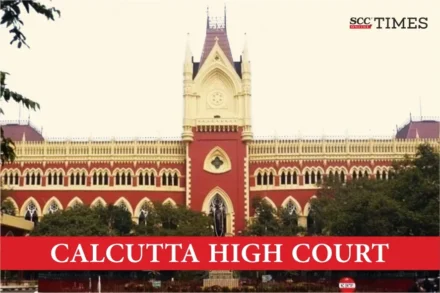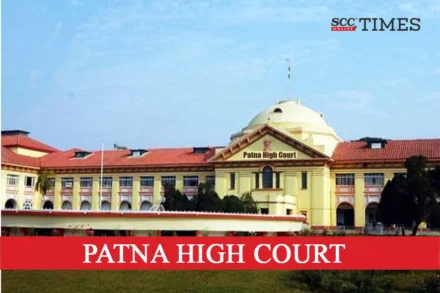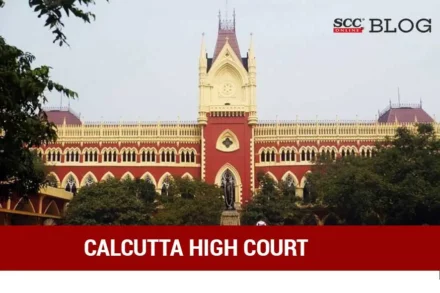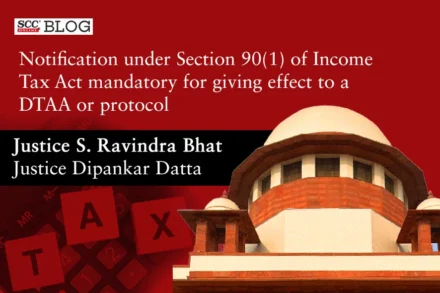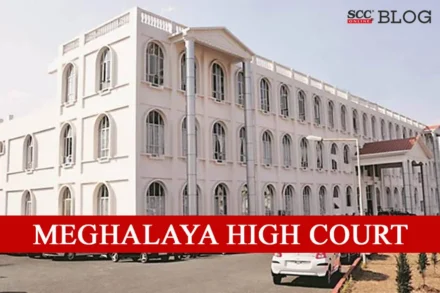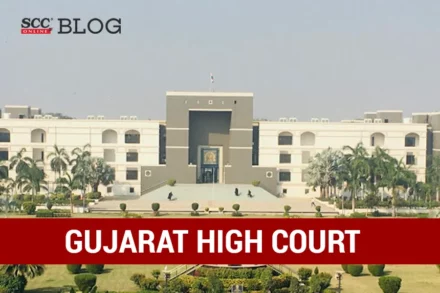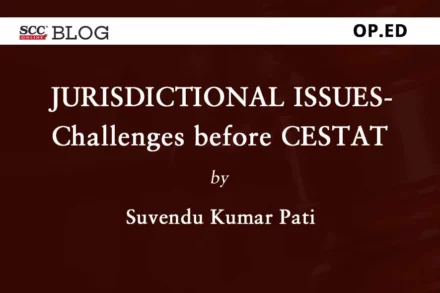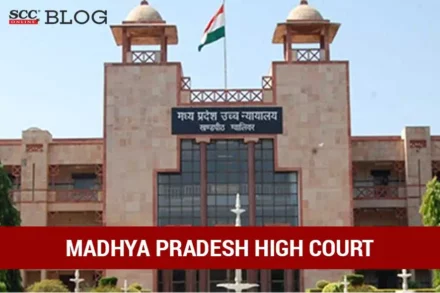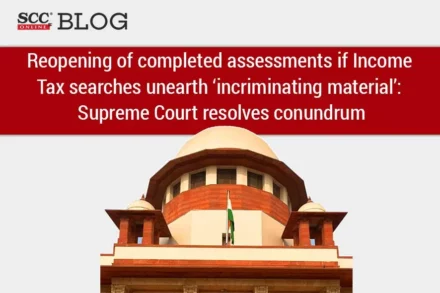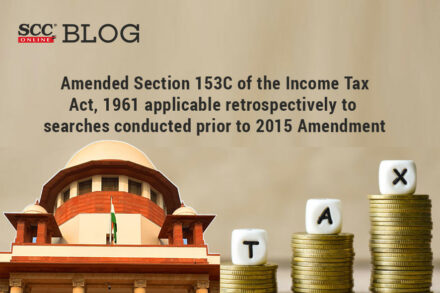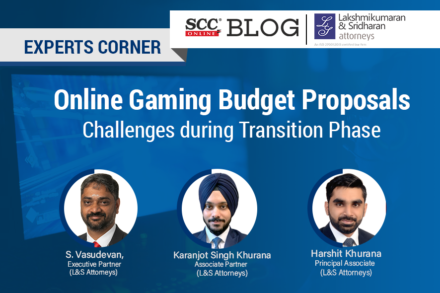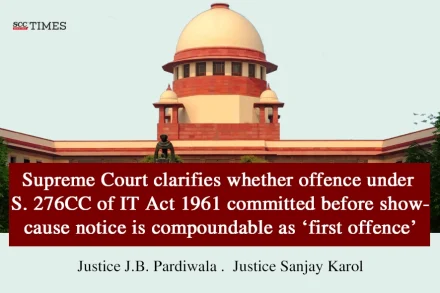
Supreme Court clarifies whether offence under S. 276CC of IT Act 1961 committed before show-cause notice is compoundable as ‘first offence’
The assessee’s case was that whether he had filed a belated return of income, after the expiry of the due date or not, was immaterial and the point in time when the offence under Section 276CC is committed is the date immediately following the due date for furnishing the return of income as prescribed under Section 139(1) of the Act.


